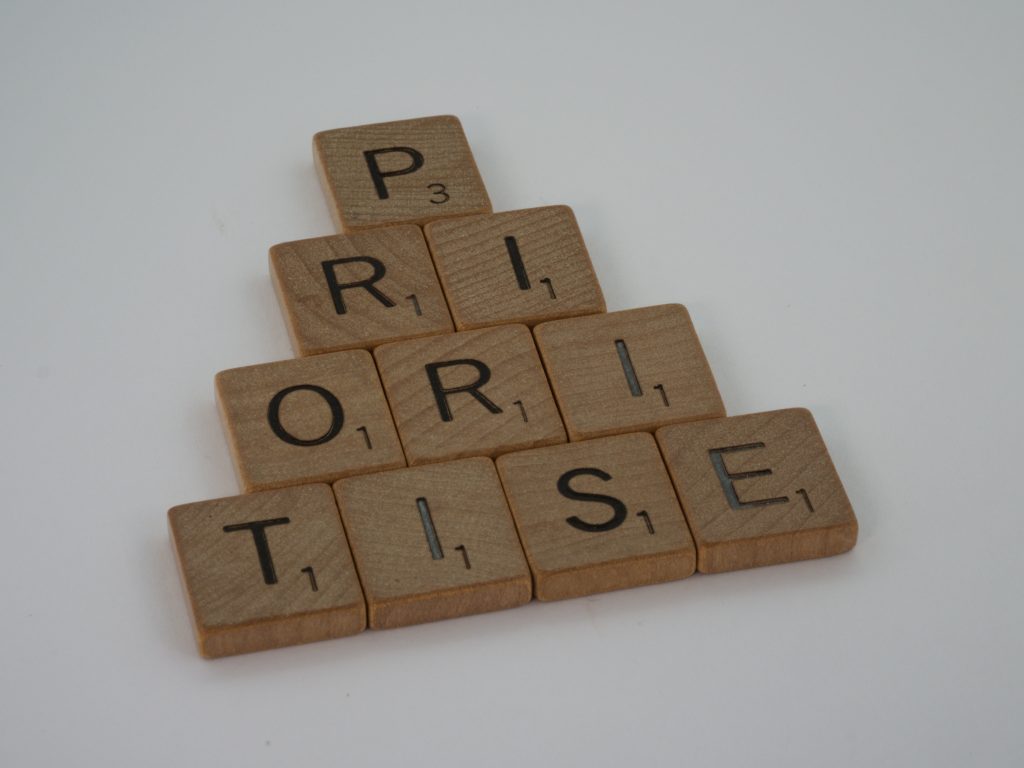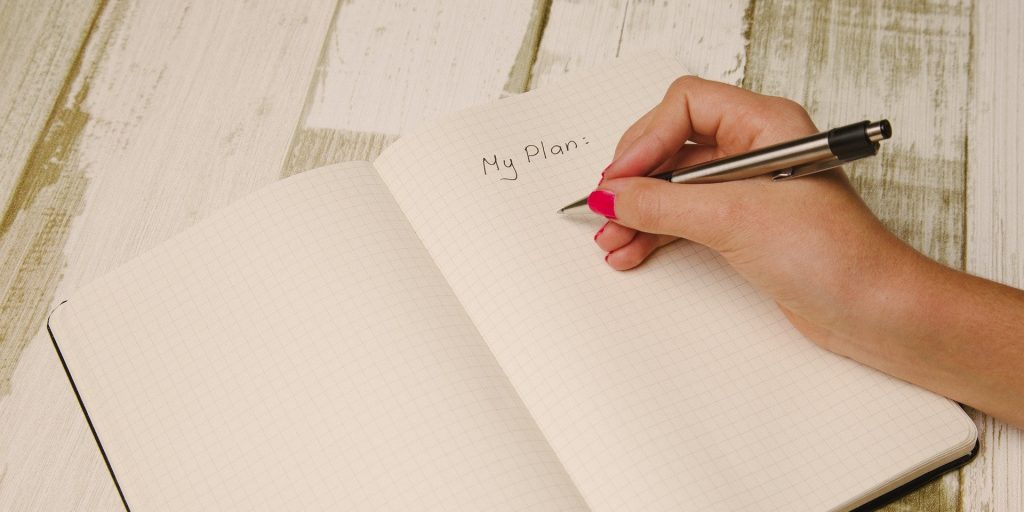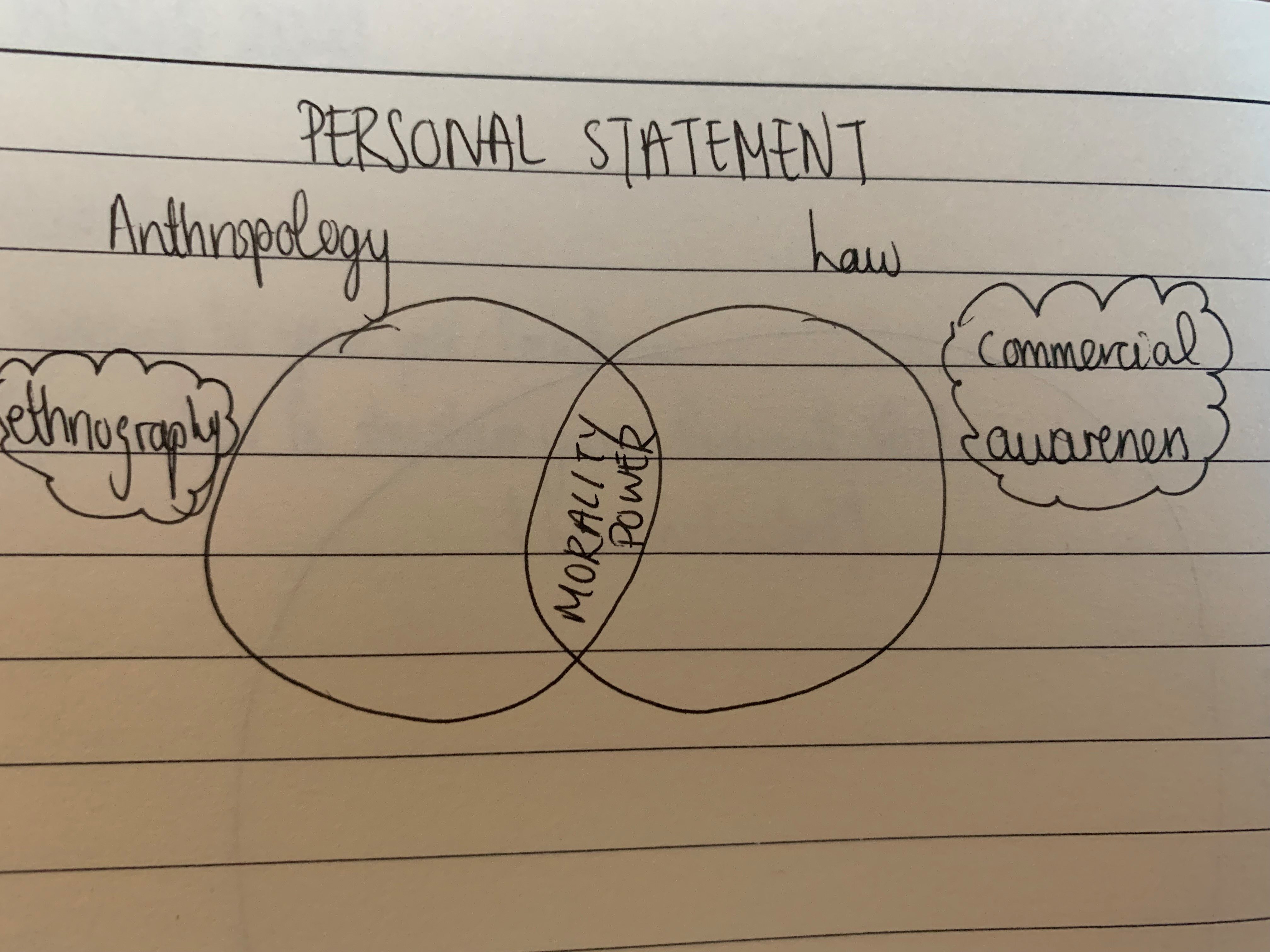Choosing what to study at university was a big decision for me and it showed in how long it took me to decide! However, looking back, there were a couple of factors that helped me make an informed decision.
1. Consider your priorities
I know this can be a bit of a controversial point but it doesn’t make your decision easier if you completely neglect what you would like to get out of your university degree. For me (as we will explore more later on), I realised that I wanted to be able to learn a language in some capacity. Some of my friends, on the other hand, wanted to be able to get practical experience during their degree or get lots of research experience. It is important to bear in mind that many of these things might be possible with a wide range of degrees but it’s really helpful to be clear on your priorities: the ‘non-negotiables’, the ‘really-nice-to-haves’ and maybe even some ‘if-possibles’.

2. What do you enjoy studying at the moment?
It goes without saying that if you decide to commit to a particular degree, it’s probably nicer to study something you will probably enjoy. For me, there were 2 main things I considered here. Firstly, I thought about what subjects I enjoyed: this wasn’t too hard to do as I just thought about how much I liked my A-Level subjects and any other subjects I would study if I had the chance to (either at A-Level or beyond). Secondly, I thought about the type of skills different degrees might require and which skills I enjoyed developing (for example, written communication), which skills I used a lot and also, ones I wanted to improve in, regardless of my current level of ability.
If your decision-making process is anything like mine, you might end up with a list of about 20 different degree options at this point. I had a whole range from English Literature, History and Economics to Law with French Law.

3. Filter the Options down
Whilst I was preparing to apply to university, I spoke to someone who really helped me narrow down the list of what I wanted to study. The advice I received was to make a giant table on a Word document (or any other note-taking app!) with 4 rows with the headings: Degree, University, What I’ll study (course content) + Other information about the course. I ended up filling in this table for 20 different subjects before I decided on my degree. There were 3 things I found particularly helpful in doing this:
- When I looked at the same degree option but at two different universities, for example, I was able to compare the course content a lot more. Doing this also helped me think about how much flexibility the different courses allowed in terms of choosing optional or outside modules.
- I quickly discovered which subjects I didn’t want to study further. This part will differ for everyone so be sure to do as much research as it takes to figure out whether you like the subject or not. For me, seeing the course modules of some degrees was enough to decide that I wouldn’t want to study them and for other courses, I attended taster lectures or read some introductory articles before I was able to make this decision.
- I was able to spot common patterns. By the time I had eliminated the courses I didn’t want to study, it came down to 2 main degree options which both had some level of language learning incorporated. What this allowed me to do was refine my decision to just choosing between the two degrees, provided that at the university I attended, I would still be able to continue studying a language. (If anyone’s wondering, I did also consider a Languages degree but decided against it after I went through steps 1-3!)

4. Prove/Justify your decision
During my Year 12 summer, I decided to explore the two subjects I was deciding between a bit more to help me make a decision. To do this, I went to (quite a few!) taster sessions, introductory lectures, open days (this was a great excuse to have a nice day trip with my friends), online workshops, read a few articles and spoke to anyone I could. It’s also helpful to have a look at the ‘department’ or ‘course pages’ of any universities you might be considering to see how they’ve designed the course or what they expect you to get out of studying that degree. My aim for this step was to be able to prove to myself why I wanted to study the subject I chose. Eventually, I decided that Law encompassed interests I had in multiple fields such as government, philosophy and history and that I would be able to continue learning a language in some capacity.

Lastly, I would say try not to worry about having to make a decision super early! I was initially worried about how long it was taking me to decide on a course compared to some of my friends but then again, I don’t think everyone had to go through step 3 of creating a giant table.
Alternatively, if you know the exact course you would like to study, then that’s amazing- feel free to skip step 3 and maybe just consider the other steps. Everyone has a completely different process for choosing their degree but this was just the approach I ended up taking- good luck and have fun with this process!





